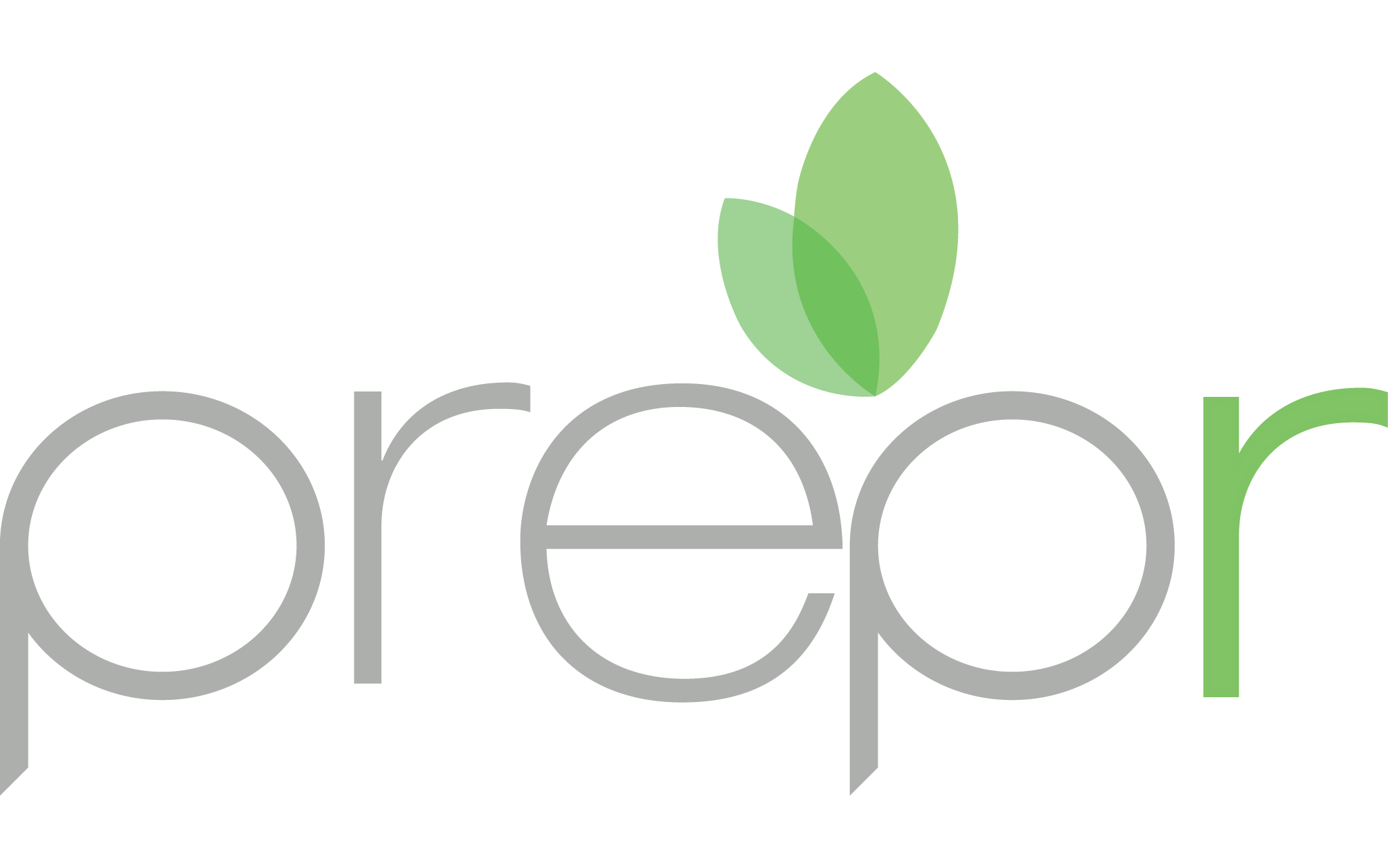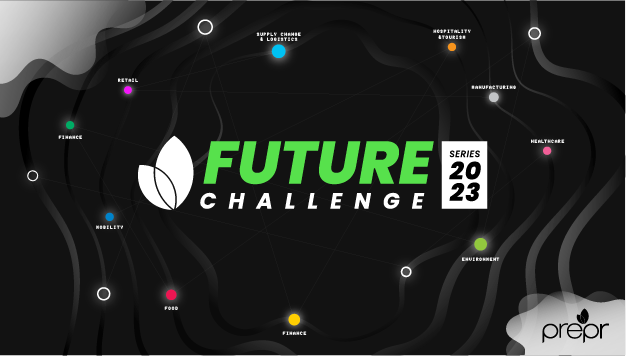21 Mar 5 Soft Skills You Can Gain from Challenge-Based Learning
Challenge-based learning is an educational method focused on solving real-world issues through open-ended collaboration.
Per Digital Promise, “Challenges range in size and scope, from promoting the use of tap water instead of bottled water in a school to creating an authentic medium for strengthening democracy.”
Challenge-based learning helps you develop in-demand soft skills that are essential for success in school, work, and life.
By working in a team to develop solutions for problems faced by real stakeholders, you can gain the following five skills.

Creativity
Creative thinking is a key skill for innovation, and challenge-based learning helps you think creatively.
Studies from Apple have shown that challenge-based learning significantly improves creative thinking skills in learners of all ages.
- Before engaging in challenge-based learning, less than 15% of students felt that they were creative contributors.
- After the program, 88% reported they enjoyed “being the creative person in the group.”
This boost in creative thinking is corroborated by a study published in Nurse Education Today, which found that medical students trained with challenge-based learning showed a, “marked improvement in their ability to develop and implement innovative solutions.”
Creativity is an important skill for problem solving and innovation. Without it, it’s hard to generate ideas that can eventually become viable solutions. By engaging in challenge-based learning, you can become a more creative thinker.

Critical thinking
As the counterpart of creativity, critical thinking involves testing the feasibility of your ideas to find a solution that can withstand real-world conditions.
By tasking your team with developing a solution which is both innovative and viable, challenge-based learning puts your critical thinking to the test and improves it through practice.
Building your critical thinking skills comes with tangible benefits, too. According to The Business Journal, critical thinking is an in-demand soft skill and an essential part of today’s workplace.

Collaboration
Apple’s studies indicate the collaborative component of challenge-based learning helps students learn from each other, as they use their diverse perspectives and skills towards a shared goal.
In practice, this means challenge-based learning is a great way to pick up new skills from your peers. However, building your collaboration skills comes with other benefits.
According to the Center for Curriculum Redesign, collaboration is a vital skill for the workplace, which helps build other soft skills like decision-making, leadership, negotiation, and conflict resolution.
This is corroborated by a study from ManpowerGroup, which found 26% of employers reported Creativity & Originality as an important skill among candidates.
In short, challenge-based learning makes you a stronger team member, and so increases your potential as an employee or applicant.

Communication
Good communication is vital to success in the workplace, and in the job market. As the Brookfield Institute reports, communication is one of the most important skills for entry-level positions. However, many employees and job seekers don’t make an effort to build their communication skills.
Challenge-based learning helps you communicate better through practice. By working in a team, you learn how to articulate your ideas well, and better understand the needs of your peers and colleagues.
These benefits are corroborated by a Mississippi State University study, which found students involved in challenge-based learning showed, “significant improvements in their problem-solving skills, written communication, and self-directed learning.”

Emotional Intelligence
Emotional intelligence is an umbrella term for skill domains like self-awareness, self-management, social awareness, and relationship management.
Much like communication skills, employers look for good emotional intelligence among candidates. However, it’s something many job seekers don’t actively build.
Challenge-based learning develops your emotional intelligence through its individual and teamwork components.
- Working with a team towards common goals helps you build social awareness and relationship management skills.
- Taking ownership of your individual contribution helps you practice self-awareness and self-management.
In the workplace, emotional intelligence is vital for good stakeholder management and everyday collaboration. By building on it, you can gain a real advantage in the job market.
To sum things up, the five soft skills mentioned above—creativity, critical thinking, collaboration, communication, and emotional intelligence—are all important skills challenge-based learning can help you build.
By focusing on these core capabilities, you can improve your performance as an employee and your success in the job market.
Want to build a portfolio that gets noticed?
Connect with 10 industries and solve real-world challenges by joining the 2023 Industry Future Challenge.

